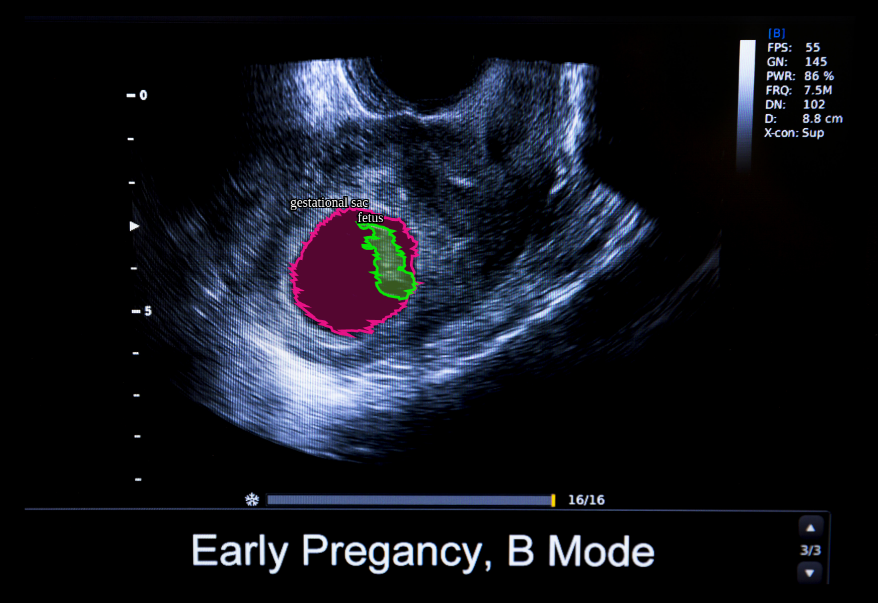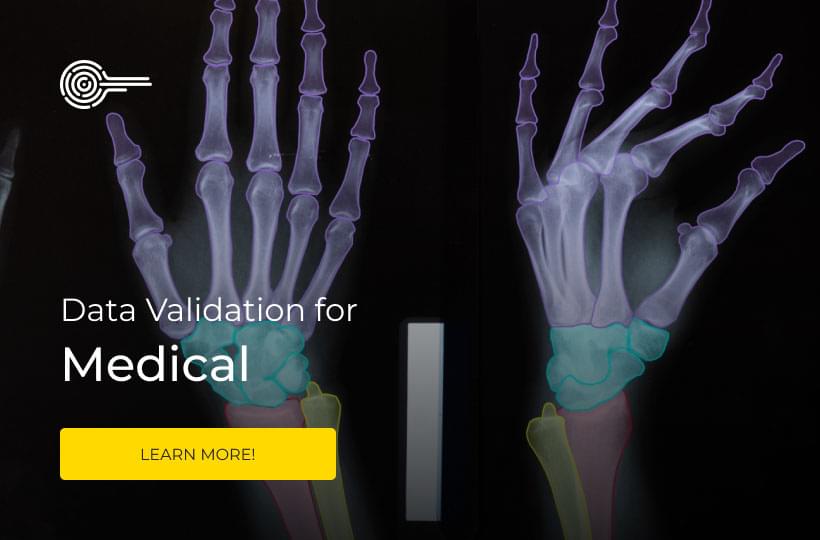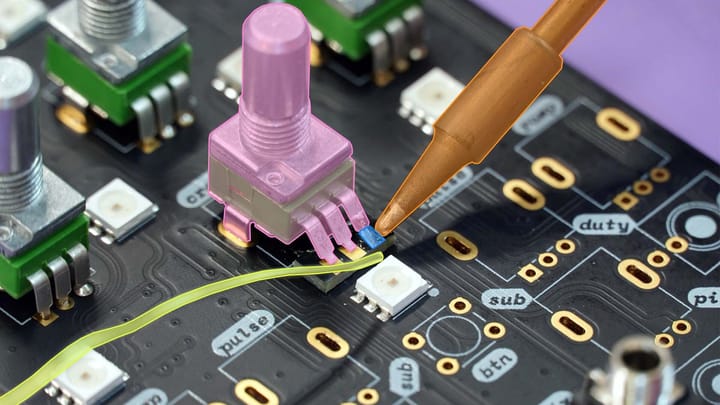Data Annotation is Enabling the Development of Surgical AI

Robots have been a tool for surgeons in a variety of medical contexts for decades, and today a range of robotic tools assist surgeons on a daily basis. Usually these devices are operated by the surgeons who use them to perform micro surgical procedures, benefiting from increased precision and a reduced risk of infection.
Recently research focus and the attention of investors has shifted to computer vision based AI models as the next frontier in surgical tech. AI powered systems could lead to a revolution in surgical practices, extending the capacity of surgeons and even performing operations without human input.
This blog will show how AI is impacting different aspects of surgery. The cutting edge machine learning models that enable this technology are trained with annotated medical images. We will show how professional image annotation providers can create precise datasets that meet the strict quality levels required for such sensitive applications.
Surgical aides
Recent developments in AI have shown the capacity of computer vision technology to act as an aide for surgeons. Models have been, and are being, developed that can track the movement of surgical tools and chart the individual actions of surgeons. This analysis can be used to assess the skill of surgeons, acting as a vital tool for training and skill development.
Surgery monitoring systems can be trained to recognise the distinct stages of each operation, characterised by particular movements and actions. This is known as real-time contextual awareness, and it will enable AI surgical assistance systems to support procedures appropriately based on what is actually happening at a given moment in time.

Surgical preparation
Spinal surgery is an example of a procedure that could be transformed by computer vision models. Fixing spinal injuries and deformities requires surgeons to manually bend spine rods. These small devices are then attached to bones in order to correct the shape of the spine.
This procedure has a high level of variability, with outcomes being dependent on a complex variety of parameters. Developments in AI could help to create more predictable outcomes for patients undergoing spinal surgery. Models, trained with thousands of annotated medical images, have shown the ability to give a more accurate picture of spinal alignment before surgery.
This enables surgeons to plan procedures more effectively. Preparatory AI of this kind can also predict the correct shape of spinal rods more accurately, greatly improving patient recovery and prognoses.
Fully automated surgical robots
The ultimate hope for AI in this sector is for surgery to be carried out by fully autonomous robotic systems. Although this reality is still somewhat distant, recent advances in computer vision based AI have shown exciting promise. Recent trials have seen a “robot surgeon” help successfully perform a complex heart procedure on a pig.
Straightforward, repetitive actions, such as suturing and valve repair, can be carried out reliably by AI powered systems. Robots may soon be able to perform these simple procedures on human patients. For this technology to be further optimized AI models need to learn just like human surgeons. Increased connectivity between automated systems will allow each device to learn from a larger pool of data, hopefully leading to the exponential improvement of this technology.

Image annotation and verification
All medical AI projects require extremely high quality training data. Any errors in the images required for surgical AI models to learn could lead to dangerous malfunctions down the line.
However, constructing large annotated datasets of medical images or video can be challenging. Collecting, annotating and verifying this data requires expert knowledge. Outsourcing data annotation to professional services, like Keymakr, can ease the pressure and responsibility on developers.
Keymakr has a track record of creating large, annotated sets of medical image data. By working with experts in each field, annotation services are able to ensure that verification processes meet the highest standards.



